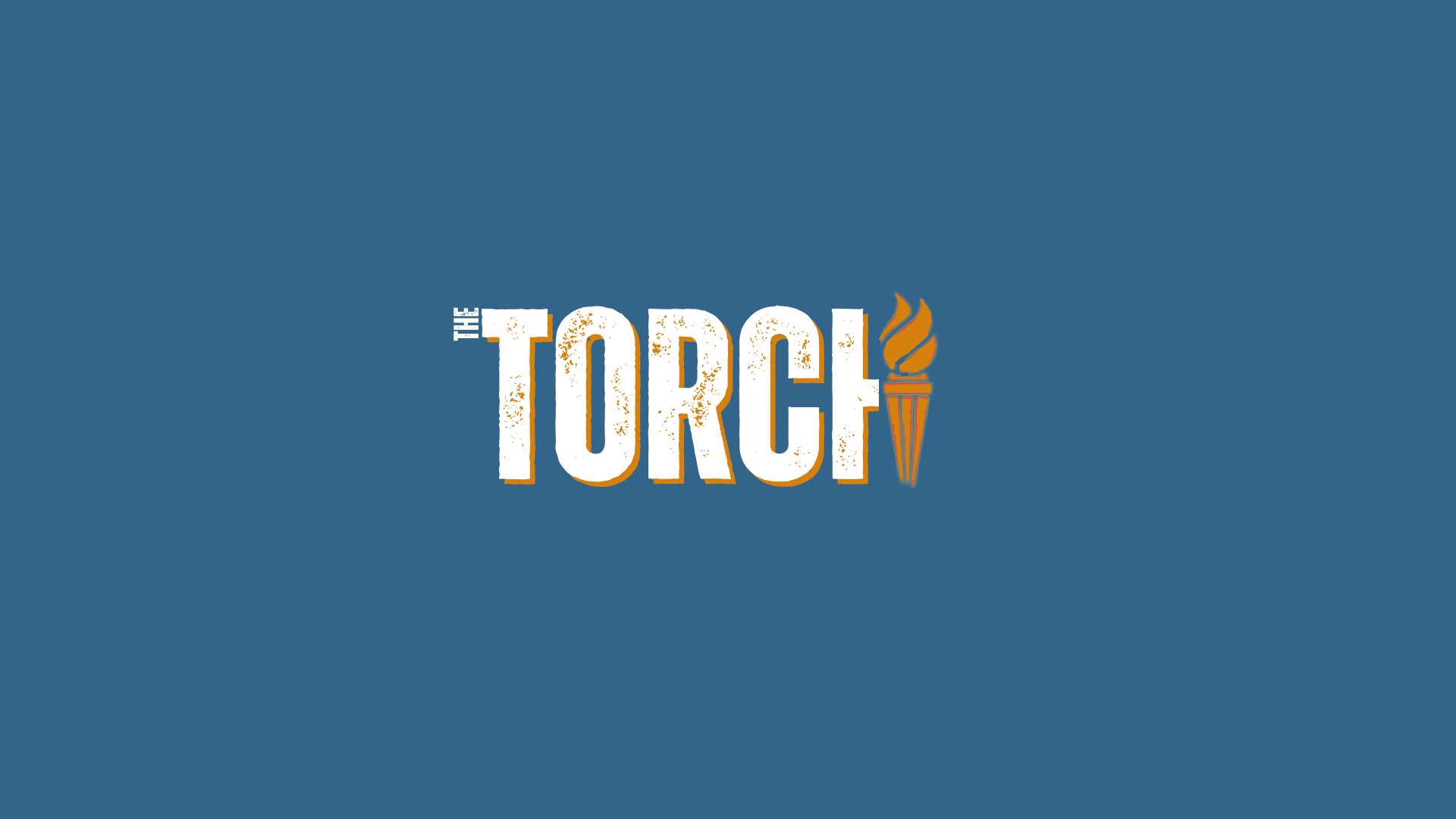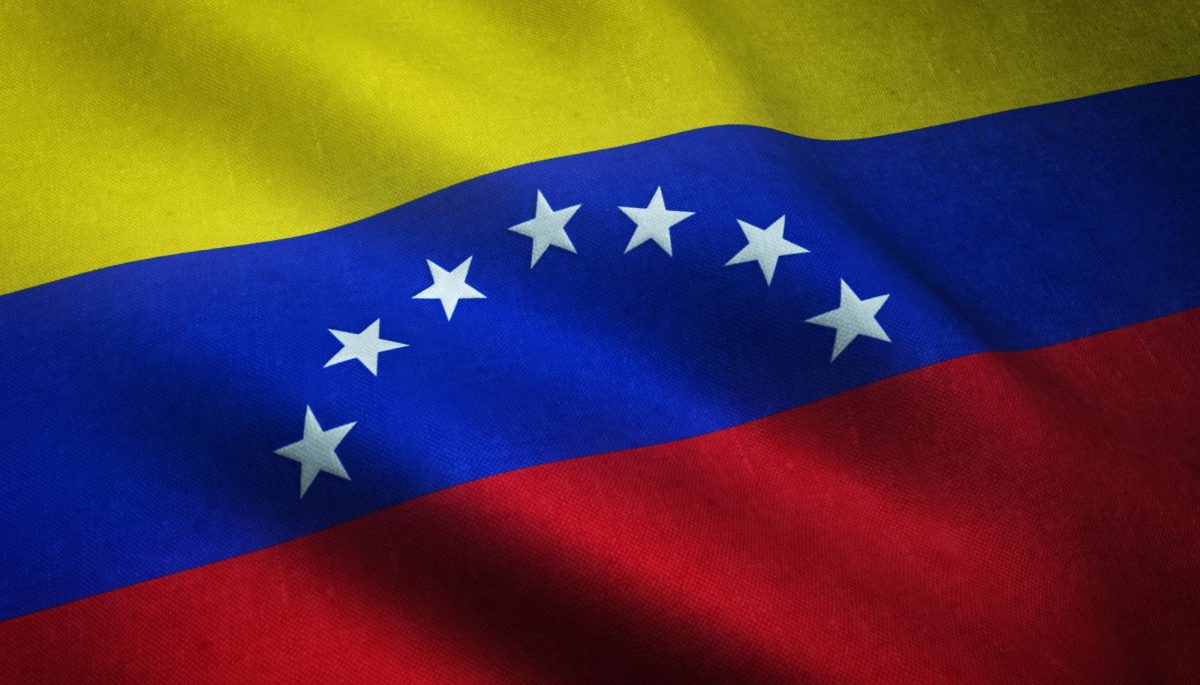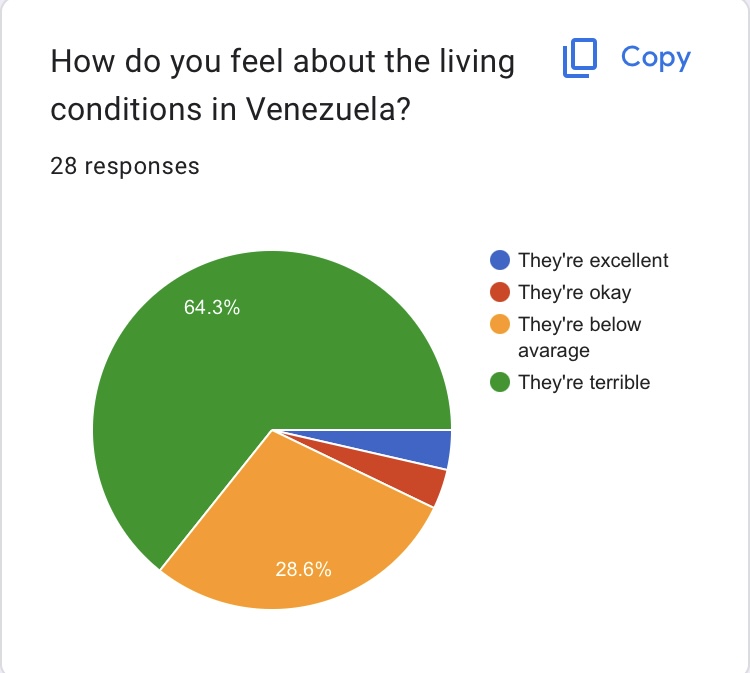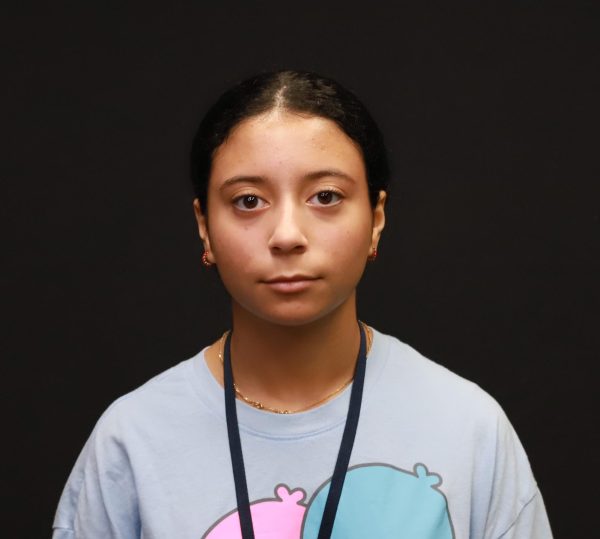In 1999, Hugo Chavez won the elections in Venezuela—a South American nation of diverse people—and forever changed the trajectory of Venezuelan democracy. For the past 25 years, Venezuela has transformed from a prosperous nation into a battleground for competing ideologies and economic hardship, causing over 7.7 million Venezuelans to flee.
With the objective to dismantle existing political and economic systems, Hugo Chávez’ campaign encompassed socialist ideas—most notably, the pursuit of closing the wealth gap. Initially, Chávez’ policies reduced poverty and inequality; however, his administration began to display the traits of an authoritarian leadership. The media became censored, scholastic institutions were weakened, and citizens who expressed disapproval towards the government mysteriously disappeared or were jailed without due process. Simultaneously, the Venezuelan workforce suffered as qualified workers were fired from the jobs to open up slots for nepotist selections. The inadequate workforce and Chavez’ reliance on oil revenues to fund his “socialist revolution” created severe fault lines in the Venezuelan economy that would force citizens to find work elsewhere.
Venezuela’s status declined further when Chavez’ successor, Nicolás Maduro, took over in 2013 after Chavez’ death. As of 2024, Maduro has yet to relinquish power. Maduro’s presidency, which closely resembles Chavez’s legacy, has been investigated for countless human rights violations and illegitimate elections. Furthermore, as a result of Maduro’s management of illegal substances and possession of destructive devices, the United States has placed a $15 million dollar reward for any information that could lead to the arrest and/or conviction of Nicholas Maduro.
More recently, Maduro was up for reelection against Edmundo Gonzalez (whose campaign was fully backed by the former Deputy of the Venezuelan National Assembly, Maria Corina Machado). Originally, Machado had been the main candidate for presidency until the Venezuelan government imposed a ban on her from running for office. Despite the physical ballot evidence of Gonzalez’ victory on election day (July 28, 2024), the CNE released unofficial results that justified Maduro’s right to the presidency. Since election day, Venezuelans all over the world have taken to the streets to demand outside intervention to secure their freedom.
“I think the actual situation may be resolved by [removing] the president, but it is very difficult because the other countries don’t want to help Venezuela,” junior Samantha Martinez said.
Though many countries such as Argentina and the United States have made public statements demanding honesty from the Venezuelan government, none have taken action. Many nations remain hesitant to interfere with such a volatile situation.
“I think what is happening to Venezuela right now could happen to [any] country,” senior Juan Prato said. “There’re many countries that [aren’t] doing something to help, [which they should] because you’re supposed to help someone that really needs you.”
Many Venezuelans that have fled the conflict continue to watch the crisis unfold through the lens of social media, which has played a key part in helping spread the results from polling centers. Although most Venezuelans have been grateful to find access to resources and work opportunities on foreign turf, many seem to struggle with homesickness.
“I left my family, I left my friends, and I saw them all graduate without me,” senior Amy Lugo said. “I feel like I left everything, but I’m building up [a] better life here.”
After 25 years of Chavez’s and Maduro’s reign, it is the newest generation of Venezuelans that seem to be the most affected. Huge Venezuelan diasporas have formed in the wake of the political crisis, all filled with young adults that dream of one day seeing their nation flourish.
“It hurts because you hear the stories from your grandparents and your parents that [the country] was different,” junior Sebastian Navarro said. “You can’t have the same experiences they had [back then] because it’s dangerous to go out and aim for what you really want in Venezuela.”
Back in the 1970’s Venezuela was a colorful hub for the oil and gas industry, attracting immigrants from around the globe. The nation garnered attention for being culturally diverse and for the unshakable character the people harbored.
“I want my kids to live in the Venezuela we knew—the good Venezuela, the rich Venezuela—because [we] never got the chance to see how it was [back then],” Lugo said.
Though Gonzalez’ and Corina’s campaign has focused on being verbal about removing the current government system and rejecting the CNE’s election results, many Venezuelans wonder about their reconstruction plans if they were to be successful. After all, 25 years of ‘Chavismo’ have left an imprint on the nation.
“Maduro doesn’t want protests or Maria Corina to preach about what truly happened,” junior Diony Ramirez said. “[The opposition] has a chance to make progress and secure the people’s liberty but they need help, and it will take time.”
As the humanitarian crisis continues, Venezuelans have been active in spreading the word about the election fraud by organizing protests, posting on social media and staying informed about the situation through their loved ones back home. Venezuela had previously earned a reputation for opening its doors for all people and even offered wealth to those who immigrated. It is now the Venezuelan people that search for opportunity and depend on the support from other countries.
“Every single day, people are going out into the streets literally screaming, trying to tell the whole world that Venezuela wants to change,” Navarro said.
Sources:
(Venezuela 2013 human rights report)




